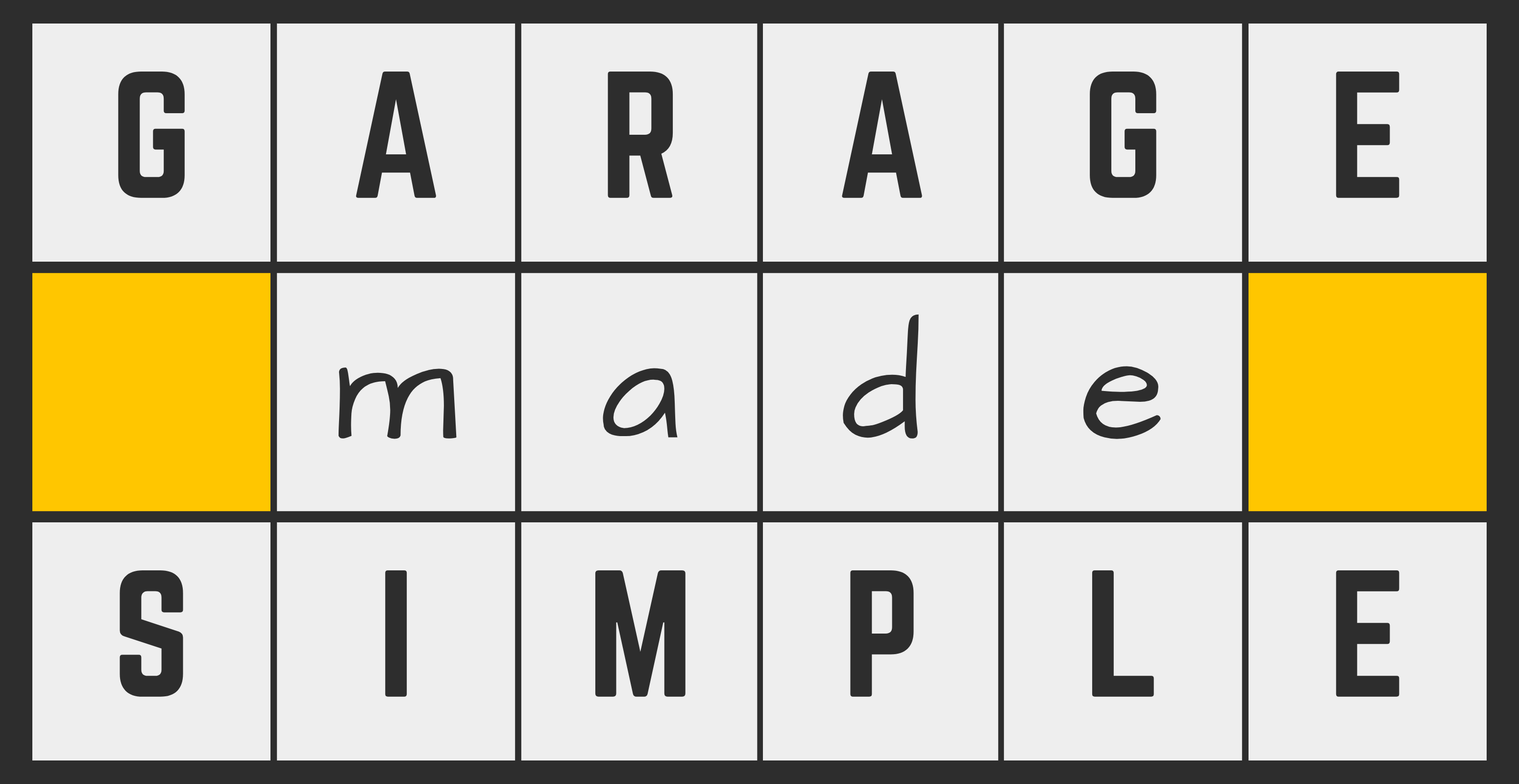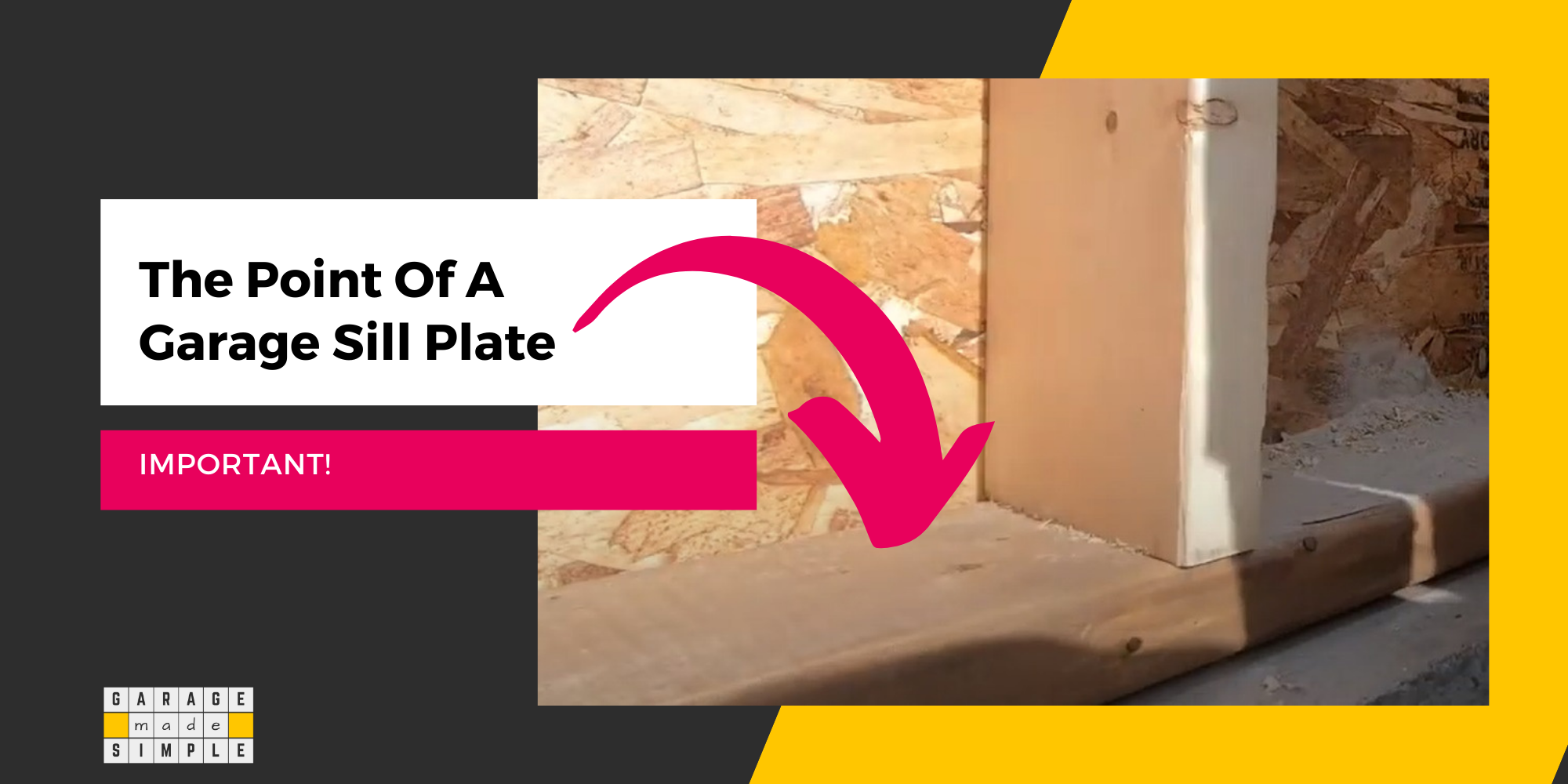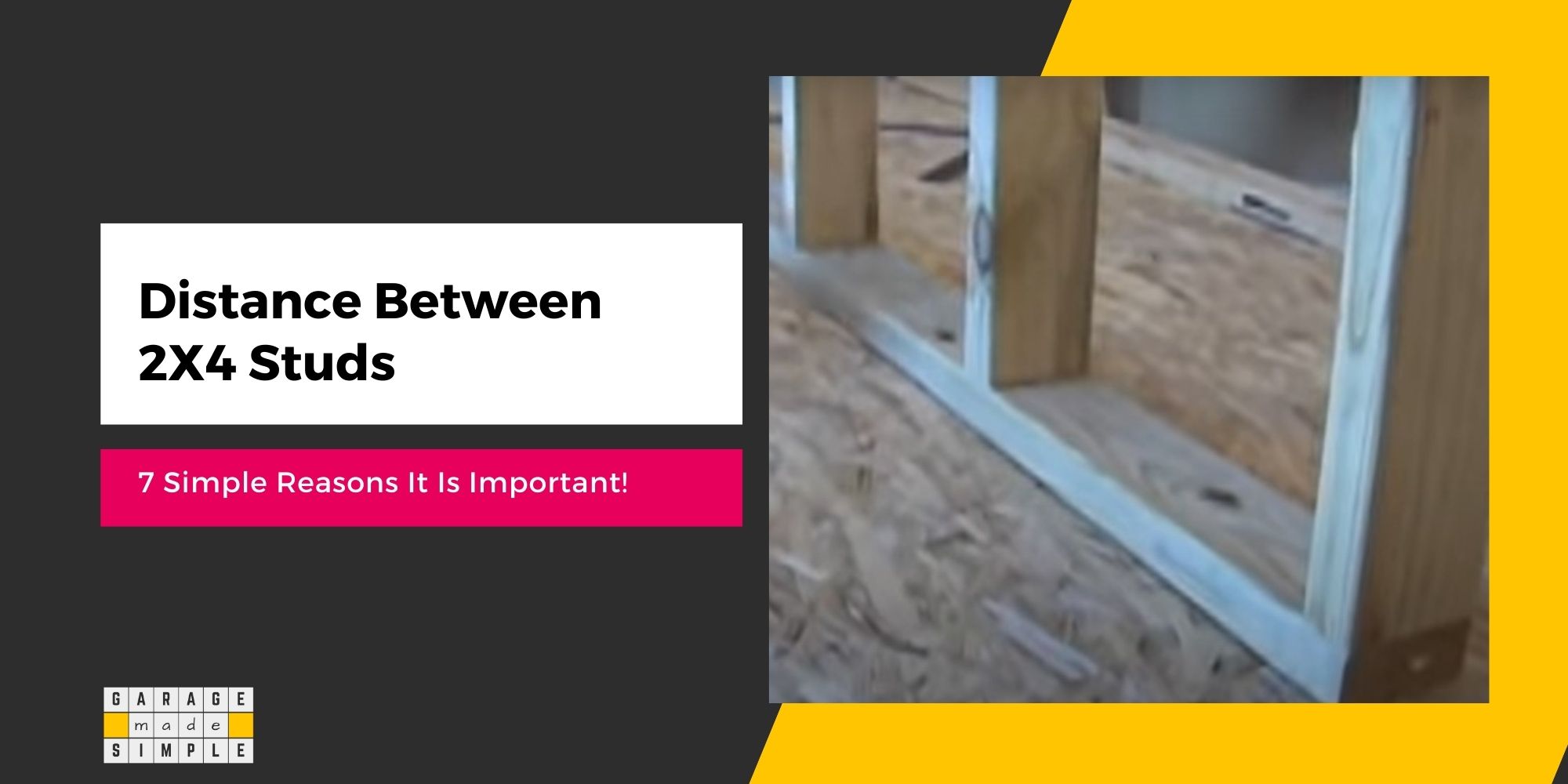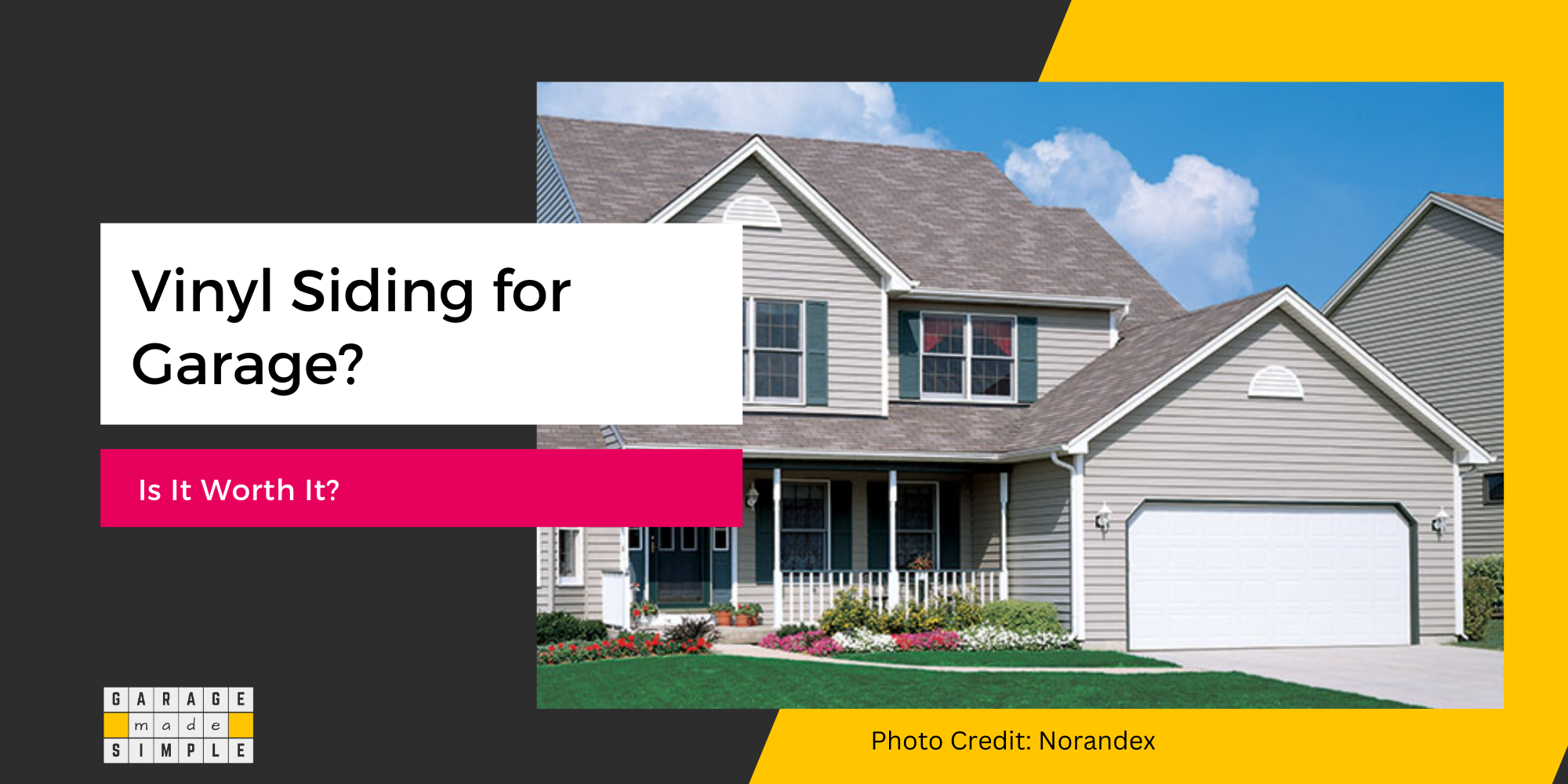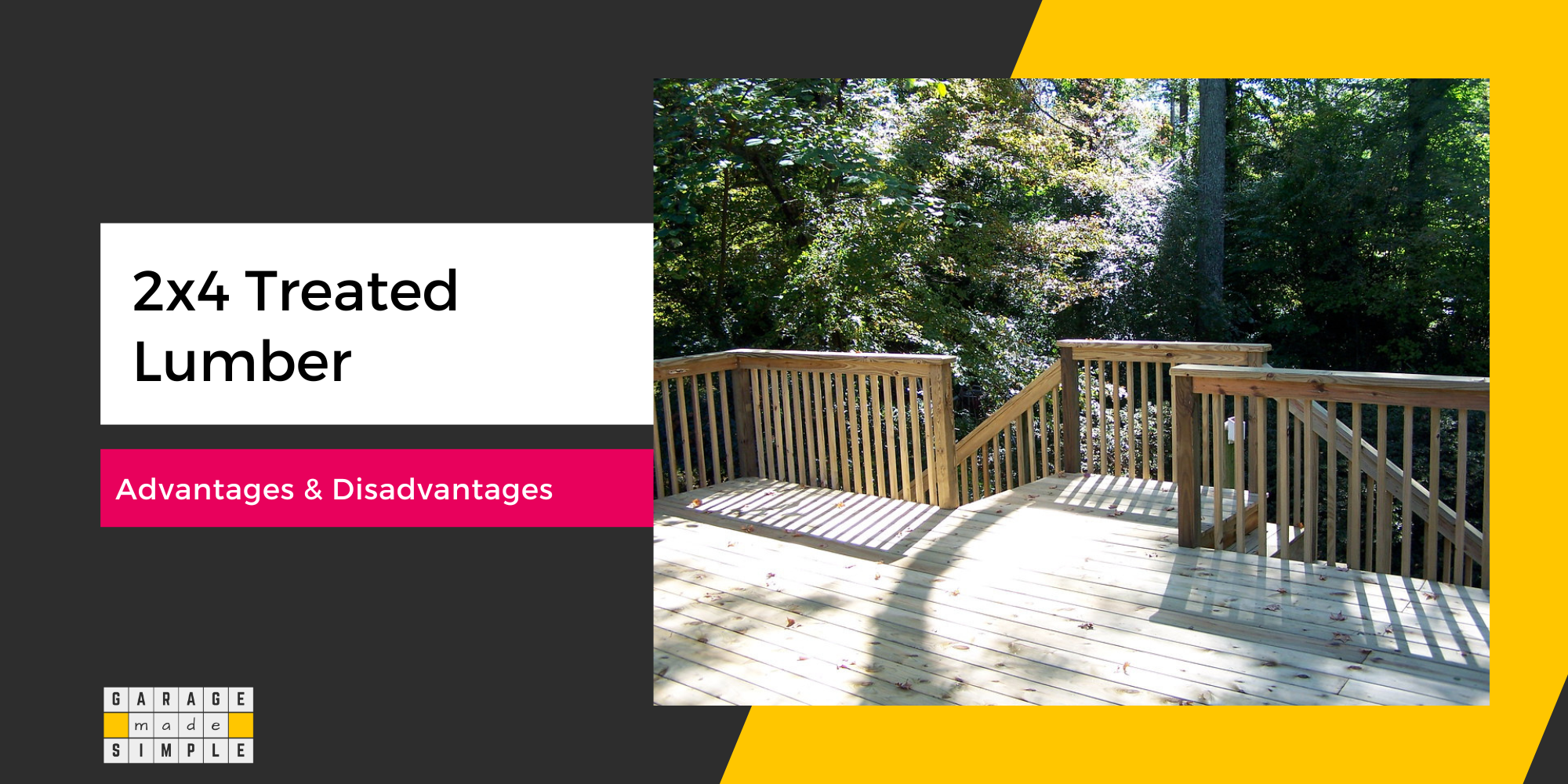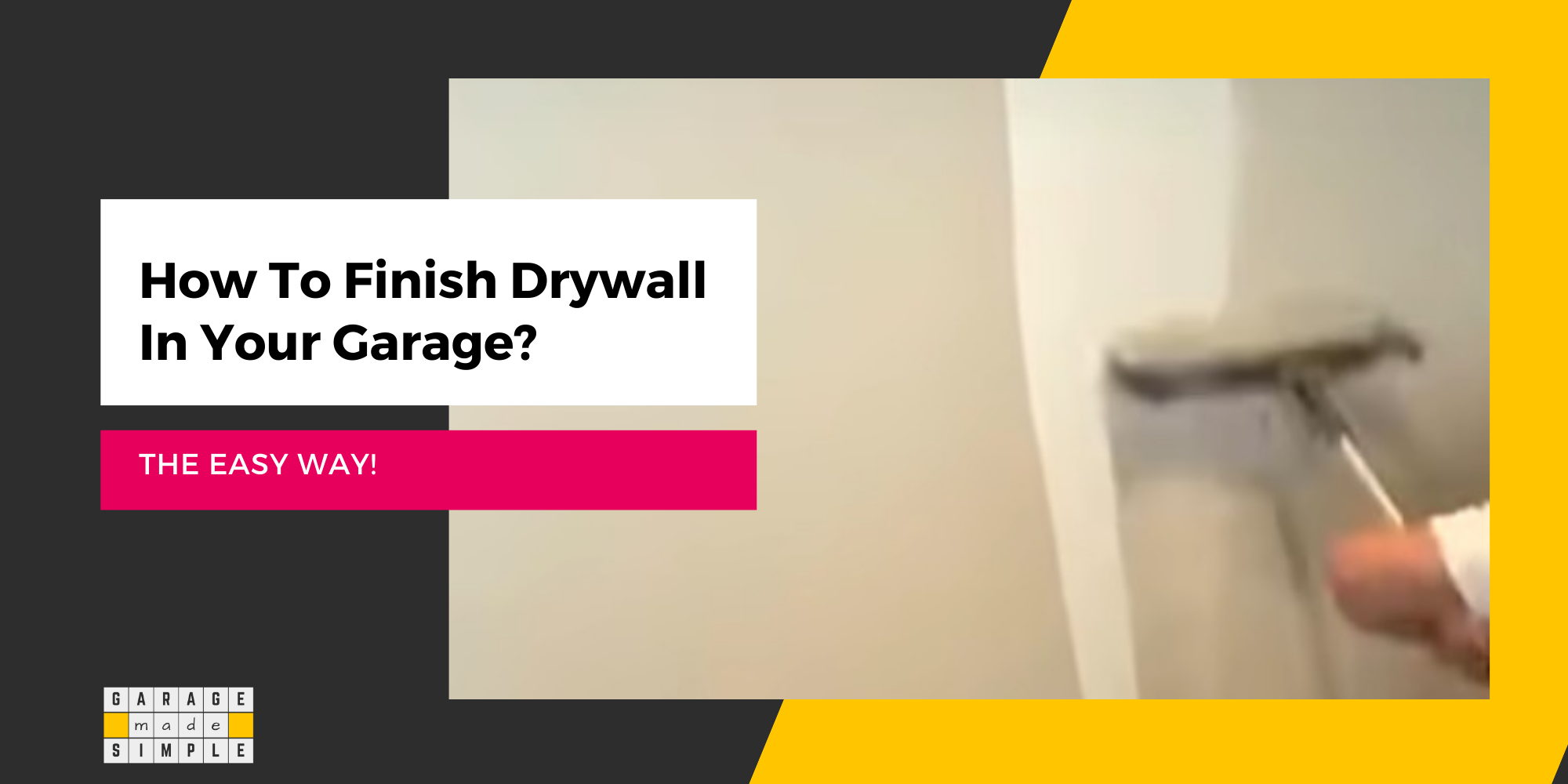Sheetrock vs Cement Board For Garage Walls (What is Better Value?)
garagemadesimple.com is a participant in the Amazon Services LLC Associates Program, an affiliate advertising program designed to provide a means for sites to earn advertising fees by advertising and linking to Amazon.com . The website is also an affiliate of a few other brands.
Whether you are building a new garage or refurbishing an old one, an important choice that you will need to make is about the sheathing material for the garage wall. Drywall is very popular and you may lean towards that option. But have you looked closely at Sheetrock vs Cement Board for Garage Walls? Which do you think is better?
Cement Board scores over Sheetrock on Durability, mainly because it has a better Impact Resistance & Moisture Resistance. However, Sheetrock is Lighter, Easier To Install and Cheaper. Both are equally good on Fire Resistance & Pest Resistance.
In this post I dive deep into the published performance data on each of the two sheathing materials. I compare them in detail, so that you can make the right decision, based on your specific requirement.
What is Sheetrock?
Sheetrock is in fact a brand of Drywall. Sheetrock has become so popular that it has become synonymous with Drywall. Sheetrock and Drywall are often used interchangeably to mean the same item.
Sheetrock (Drywall) is basically a sheathing panel made out of gypsum, held together by additives and sandwiched between two sheets of paper. Gypsum is a mineral which is available in plenty (it will take 350 years to exhaust the world’s deposits)
Sheetrock is the registered brand name of United States Gypsum Corporation (USG). USG came into existence in 1902 and was formed when 20 gypsum companies came together under one corporate umbrella. More joined as time went by.
Drywall, branded as Sheetrock by USG, was invented in 1916. Sheetrock disrupted the construction world and quickly replaced plastering. Compared to plastering, Sheetrock was quick and easy to install.
What is a Cement Board?
Cement Boards are sheathing panels made out of cement. However, cement by itself is brittle and does not have flexural strength. So Cement Boards need to incorporate either plant fibers or treated wood flake particles as reinforcement.
Cement Boards with plant fibers are called Fiber Cement Boards (FCB). Cement Boards with particles of treated wood flakes, are called Cement Bonded Particle Boards (CBPB).
Cement Boards typically contain 40-60% cement, 20-30% fillers, 10-15% mica and 8-10% fibers or treated wood particles.
There are quite a few manufacturers of Cement Boards in the US. Some of the popular brands are Certain Teed, GAF, James Hardie, Allura and Nichiha.
There are in fact many more. Even USG has its own brand of Cement Board under the brand name Durock.
Cement Board is most commonly used as siding or roof shingles. However, it can be used as interior wall sheathing as well.
Sheetrock vs Cement Board (Basis of Comparison)
With so many manufacturers, brands, models, thicknesses etc. it can be easy to get lost when doing a comparison. It will not be very helpful to you if I start comparing apples to oranges. Sometimes, this is done, intentionally or unintentionally, just to prove a point.
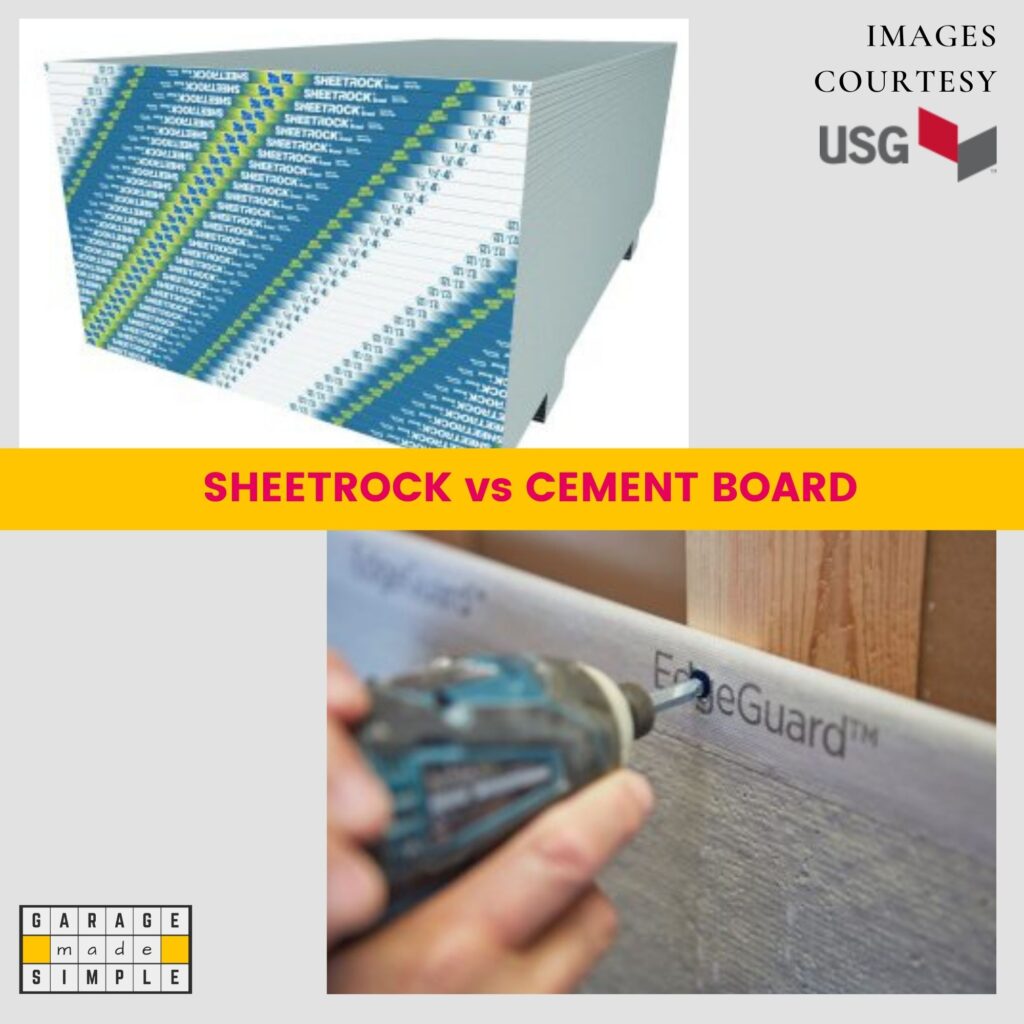
I will compare apples to apples as far as possible, so that you get an unbiased opinion. Following products will form the basis of my comparison.
USG SHEETROCK® BRAND AR FIRECODE® X PANELS (5/8 in. (15.9 mm) Type X panels with abuse resistance for interior applications)
Reference Document: Corresponding SHEETROCK Submittal Sheet
USG DUROCK® BRAND CEMENT BOARD WITH EDGEGUARD™ (5/8 in. (15.9 mm))
Reference Document: Corresponding DUROCK Submittal Sheet
Sheetrock vs Cement Board (What is Stronger?)
In engineering terms there are many dimensions to strength measurement, depending on the direction of the load or the stress.
- Tensile Strength – Stretching or Pulling
- Compressive Strength – Loading or Crushing
- Flexural Strength – Bending
- Impact Resistance – Being Hit
- Shear Strength – Tearing or Cutting
- Torsional Strength – Twisting
Garage walls are more likely to be hit by vehicular & foot traffic and by the movement of garage tools and furniture etc. The Impact Strength, therefore, is an important requirement for a garage wall.
Sheetrock (Drywall) is woefully disappointing when it comes to impact resistance. It will get nicks and cuts pretty easily. You could even punch a hole through it with a hard hit.
Cement Board has a much higher impact resistance. On this count a Cement Board scores over Sheetrock.
You also want to hang stuff like your shelving or tools from the garage wall. Both Sheetrock and Cement Board lack the shear strength. Cement Board is better than Sheetrock but not good enough.
In both cases you will have to do all the hanging on the studs.
Sheetrock vs Cement Board (What is More Fire Resistant?)
The term “Fire Resistant”, “Fire Retardant” and “Fire Rated” are often used interchangeably. However, ASTM has prescribed specific test methods to determine the performance of building materials in case of fire.
Non-combustible (ASTM E136 – 19a)
The combustibility of a building material has to be tested and certified by an authorized testing body following the “Standard Test Method for Assessing Combustibility of Materials Using a Vertical Tube Furnace at 750°C” as prescribed in ASTM E136 – 19a.
5.1 Materials that pass this test by complying with the criteria in Section 15 are typically classified as noncombustible materials.
Citation: ASTM E136-19a, Standard Test Method for Assessing Combustibility of Materials Using a Vertical Tube Furnace at 750°C, ASTM International, West Conshohocken, PA, 2019, www.astm.org
A non-combustible material is one that does not ignite, burn, support combustion, or release flammable vapors when subject to fire or heat, in the form in which it is used and under anticipated conditions, as determined through ASTM E136.
Source : USG / FIRE PERFORMANCE
Both SHEETROCK (Drywall) and DUROCK (Cement Board) meet the ASTM E136 standard and are considered non-combustible.
Flame Spread (ASTM E84)
Boards that are combustible are further tested for “Flame Spread” and “Smoke Developed”.
To be classified as Class A under ASTM E84, “flame spread” should not be greater than 25 and “smoke developed” should not be greater than 450.
SHEETROCK (Drywall) has a very low score (15 for flame spread and 5 for smoke developed).
DUROCK (Cement Board) scores zero on both flame spread and smoke developed.
Both are classified as Class A (Class I) under ASTM E84.
Underwriters Laboratories Inc. (UL) Classification
USG SHEETROCK® BRAND AR FIRECODE® X PANELS 5/8 in. panels meet Underwriters Laboratories Inc. (UL) Classification as to fire resistance, surface burning characteristics and non-combustibility.
USG DUROCK® BRAND CEMENT BOARD WITH EDGEGUARD™ 1/2 in. (12.7 mm) and 5/8 in. (15.9 mm) panels are Underwriters Laboratories Inc. (UL) Classified for fire resistance, and may be used in any UL Design where Type DCB panels are listed.
2018 International Residential Code (IRC)
The 2018 edition of the International Residential Code (IRC) specifies the type of doors, adjoining walls and floor that an attached or a built-in garage should have.
Both SHEETROCK & DUROCK products mentioned above, meet the IRC Code Section R302.6 Dwelling Garage Fire Separation Table R302.6 (applies to adjoining Garage Walls & Ceilings).
Sheetrock vs Cement Board (What is More Durable?)
Moisture Resistance
Sheetrock (Drywall) is extremely porous and hygroscopic. So if your garage floor has water pooling near the walls, the drywall will absorb the water like a bath towel. The water will wick and spread making a large section of the lower wall soggy.
Cement Boards are not impervious to water absorption. However, the wicking is much lower in Cement Boards. Moreover, Cement Boards will lose the absorbed water fast, unlike Sheetrock which may retain it for longer durations.
Cement Boards have higher moisture resistance than Sheetrock. If any moisture is absorbed by the Cement Board, it leaves fast without structurally damaging the Cement Board.
Mold & Mildew Growth
The garage will get the unmistakable musty smell of growth of mold & mildew if the walls have been damp for a while.
Since Sheetrock absorbs moisture easily and retains it for longer periods, it is more likely to promote mold & mildew growth, as compared to Cement Board.
Mold Growth can be measured using ASTM G21 and ASTM D3273. For Sheetrock. USG does not have any data on it’s Submittal Sheet. For Durock the data is ASTM G21 (Rating 0, No Growth) and ASTM D3273 (10/10)
Sheetrock will promote mold & mildew growth when damp. The Cement Board is unlikely to have this problem.
Pest Resistance
The main ingredient of Sheetrock is gypsum and the main ingredient of Cement Board is cement, fillers and mica. None of these are food for pests. So pests such as termites and carpenter ants will not attack either Sheetrock or Cement Board.
Both, Sheetrock & Cement Board are highly pest resistant.
This is one of the reasons, both Sheetrock and Cement Board are better for garage walls than other forms of sheathing such as shiplap, wood, plywood or OSB.
Durability
When comparing Sheetrock vs Cement Board for Durability, the conclusion is:
- Impact Strength: Cement Board is better than Sheetrock
- Fire Resistance: Both are extremely good
- Moisture Resistance: Cement Board is better than Sheetrock
- Mold Resistance: Cement Board is better than Sheetrock
- Pest Resistance: Both are extremely good
Based on the above factors, Cement Board is certainly more durable than Sheetrock.
Sheetrock vs Cement Board (What is Heavier?)
Generally speaking, Sheetrock is lighter than Cement Board.
USG SHEETROCK® BRAND AR FIRECODE® X PANELS (5/8 in) is heavier than most Sheetrock grades. This is because it is specially designed to be Abrasion Resistant (AR).
It weighs 2.8 pounds per square foot (psf) compared to 3.0 pounds per square foot (psf) for USG DUROCK® BRAND CEMENT BOARD WITH EDGEGUARD™ (5/8 in.)
Sheetrock is, therefore, at least 7% lighter than Cement Board.
The difference could be more depending on the grade of Sheetrock you finally settle for. For example USG Securock 5/8 in. x 4 ft. x 8 ft. UltraLight Firecode X Glass-Mat Sheathing weighs only 2.25 psf making it 25% lighter than Cement Board.
Sheetrock vs Cement Board (What is Easier to Install?)
Sheetrock is a lot easier to install than Cement Board. As Sheetrock is lighter than Cement Board it is easier to handle at the jobsite.
In case of Sheetrock, for the most part you are installing complete 4 ft. x 8 ft. boards. Even when you have to cut the large board to size, all you need is a utility knife and a straight edge or drywall T. Run your knife along the straight edge and just bend the drywall at the cut. It will snap cleanly.
Cement Boards can be cut the same way, except that you might need a scoring tool instead of a utility knife and you may have to run it a few times. Compared to Sheetrock you are less likely to create dust. Clean up will be easier in case of Cement Board installation.
Overall Sheetrock is somewhat easier to install than Cement Board.
IMPORTANT TIP: Never use standard screws when installing cement boards. It will corrode the screws. Always use cement board screws. You can also use hot-galvanized steel nails.
Sheetrock vs Cement Board (What is Cheaper?)
Home Depot stocks most products of USG, including Sheetrock and Durock.
To cover a wall which is 20′ in length and 8′ in height you would need 6 sheets of 5/8 in. x 4 ft. x 8 ft. USG Sheetrock (with a wastage factor of around 10% built in). This would cost you $75.42.
For the same wall you will need 12 sheets of 1/2 in. x 3 ft. x 5 ft. USG Durock Brand Cement Board with EdgeGuard (with a wastage factor of around 10% built in). This would cost you $93.96
So Sheetrock works out to be at least 20% cheaper than Cement Board.
The difference could be more depending on the grade of Sheetrock you finally settle for.
Bottom Line
The bottom line is that both Sheetrock and Cement Board are very good sheathing materials for garage walls.
If you are looking for longer life and better impact resistance go for Cement Board. It will, however, cost you more, both in material and installation.
If you are on a budget (both money & time) go for Sheetrock. It is the best bang for your buck. Just make sure your garage does not get flooded and you are very careful when moving equipment around.
Thank you very much for reading the post. I do hope you found it informative and useful.
